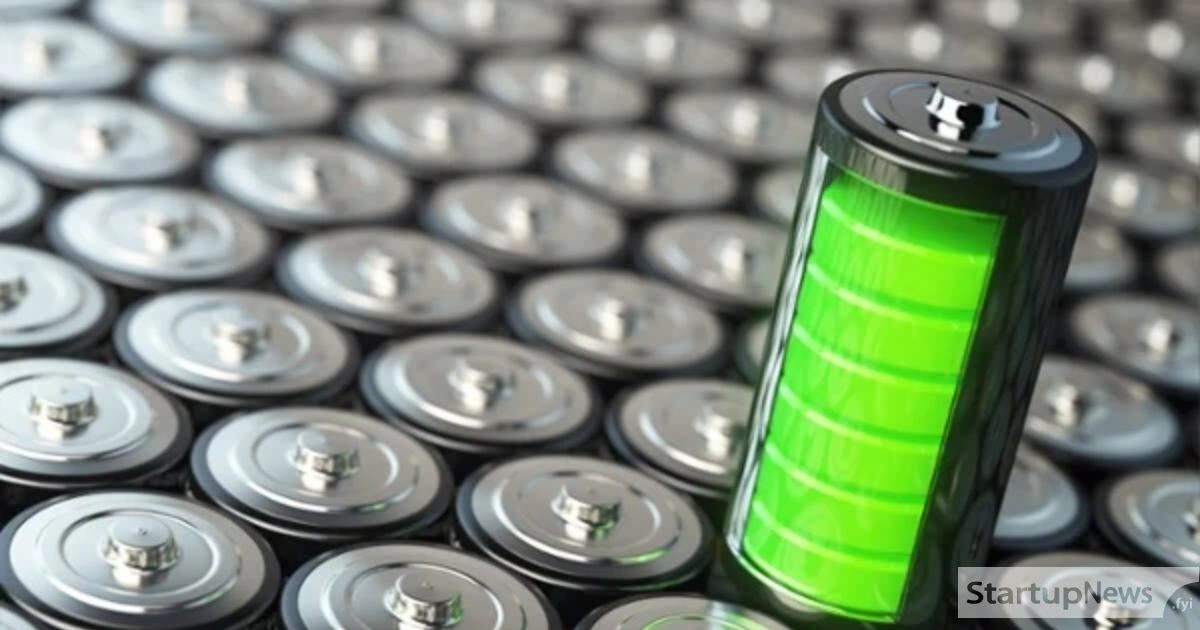India’s government think tank, NITI Aayog, has proposed offering incentives in the form of production-linked incentive (PLI) schemes, tax benefits, and royalties to support the processing and refining of minerals used in lithium-ion batteries. In a recent report titled ‘Mine to market: critical minerals supply chain for domestic value addition in lithium-ion battery manufacturing,’ NITI Aayog emphasized the need to scale up LIB recycling infrastructure and promote R&D for earth-abundant alternatives to critical minerals.
Promoting Environmentally Sustainable Practices
NITI Aayog believes that scaling up LIB recycling infrastructure with production-linked incentives will complement mining and extraction efforts for critical minerals. This approach will not only aid in promoting environmentally sustainable waste management practices but also encourage reuse and disposal of lithium-ion batteries.
Supporting R&D and Commercialization
The policy think tank also recommends promoting research and development for earth-abundant alternatives to critical minerals used in Advanced Carbon Composite (ACC) batteries. Additionally, NITI Aayog suggests supporting the lab-to-market commercialization of products and providing startup incubators and technology industrialization centers, along with facilitating demonstration projects.
Domestic Value Addition in Lithium-Ion Battery Manufacturing
The report indicates that India’s advance chemistry cell manufacturing industry will require approximately 193 thousand tons per annum of cathode active material to produce 100 GWh per annum of batteries by 2030. Critical minerals and their active materials used in lithium-ion battery production account for a significant portion of the overall LIB pack cost, ranging from 33% to 48%, depending on cathode chemistry and supply chain costs for mining and refining.
The Path Forward for EVs in India
India is committed to reducing the emissions intensity of its Gross Domestic Product (GDP) by 45% by 2030 from the 2005 level, as per its updated Nationally Determined Contribution (NDC). Li-ion cells play a crucial role in the global transition to electric vehicles (EVs), including in India. The Indian Li-ion battery market projects to grow from 4 GWh in 2022 to 120 GWh by 2030. While India still relies on importing Li-ion batteries due to skewed lithium reserves concentration worldwide, initiatives like NITI Aayog’s recommendations and the discovery of substantial lithium deposits in Jammu’s Reasi district offer hope for a thriving domestic battery manufacturing ecosystem.
Also Read The Latest News:
Government asserts sufficient provisions to tackle non-compliant offshore gaming platforms amidst 28% GST concerns



![[CITYPNG.COM]White Google Play PlayStore Logo – 1500×1500](https://startupnews.fyi/wp-content/uploads/2025/08/CITYPNG.COMWhite-Google-Play-PlayStore-Logo-1500x1500-1-630x630.png)